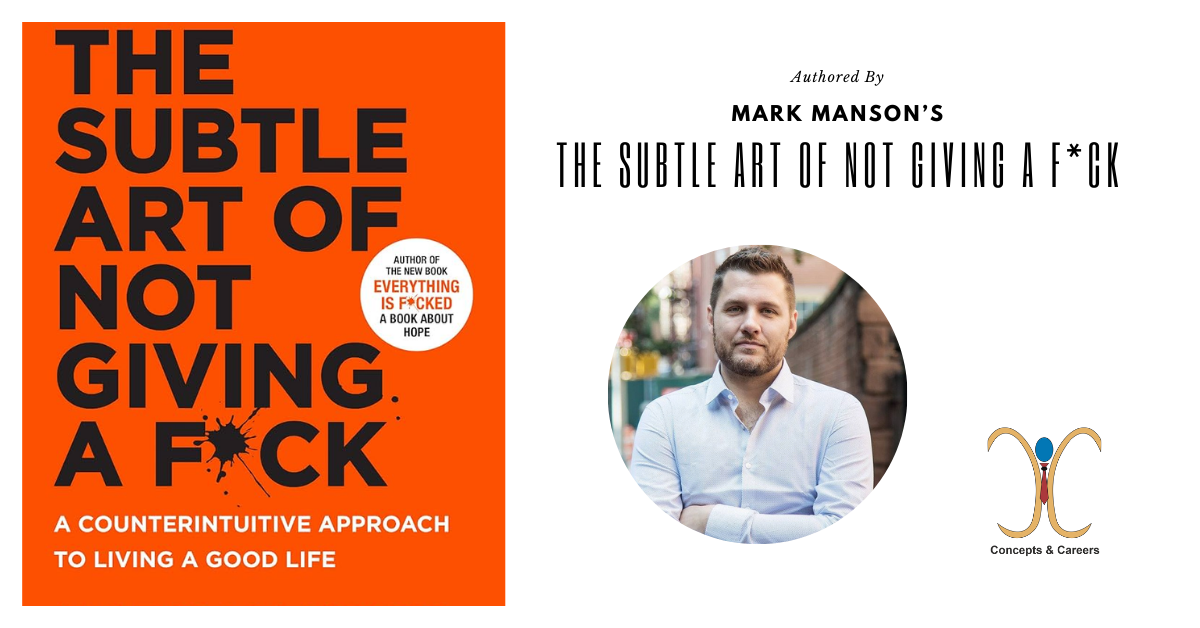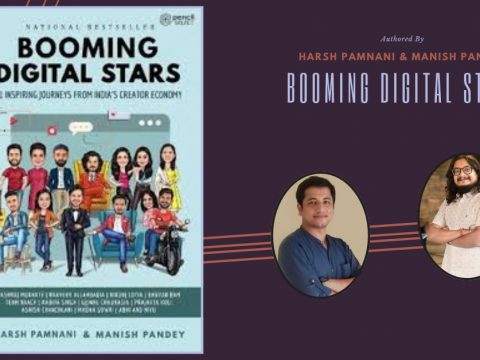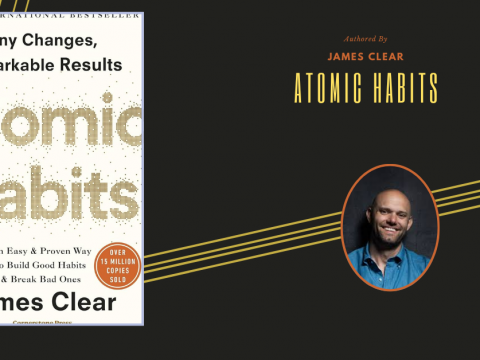- Have any questions?
- [email protected]
The Subtle Art of Not Giving a F*ck: Embracing a Counterintuitive Approach to Life

Mastering the Job Interview: Common Interview Questions and How to Answer Them, Tips for Virtual Interviews
June 10, 2024
Leveraging Appium with TestNG: A Powerful Combination for Mobile Automation
June 14, 2024Mark Manson‘s “The Subtle Art of Not Giving a F*ck: A Counterintuitive Approach to Living a Good Life” is a refreshing departure from traditional self-help books that emphasize positivity and relentless pursuit of success. Instead, Manson advocates for a life of fewer but more meaningful priorities, urging readers to focus on what truly matters and let go of the rest. This no-nonsense approach to personal development is both liberating and practical, resonating with millions of readers worldwide.
The Core Philosophy: Choosing What to Care About
At the heart of Manson’s philosophy is the idea that we have a finite amount of f*cks to give. Therefore, it’s crucial to choose our values and priorities wisely. He suggests that by selectively caring about fewer things, we can lead a more focused and fulfilling life. This means identifying what truly matters to us and disregarding the rest.
1. The Feedback Loop from Hell
Manson begins by discussing the “feedback loop from hell,” where people obsess over their flaws and insecurities, leading to increased anxiety and stress. He argues that the key to breaking this loop is not to give a f*ck about unimportant things, thereby freeing oneself from unnecessary worry. The Subtle Art of Not Giving a F*ck brings it to light the feedback loop from hell.
2. The Value of Suffering
Manson emphasizes that life is inherently filled with pain and suffering. Instead of avoiding discomfort, he suggests that we embrace it and find meaning in our struggles. By accepting that suffering is a part of life, we can focus on the challenges that are worth our effort and attention.
Rejecting the Pursuit of Constant Happiness
Contrary to popular belief, Manson asserts that the pursuit of constant happiness is misguided. He argues that happiness is not a permanent state but a byproduct of solving meaningful problems. Therefore, we should focus on finding problems worth solving rather than chasing an elusive state of perpetual happiness.
1. Happiness Comes from Solving Problems
Manson explains that happiness arises from overcoming challenges. He encourages readers to identify the problems they are willing to work on, as this will lead to genuine satisfaction and fulfillment.
2. The Importance of Setting Boundaries
Setting boundaries is crucial for maintaining a healthy balance in life. Manson stresses the importance of saying no to things that do not align with our values and priorities. By doing so, we can protect our time and energy for the things that truly matter.
Taking Responsibility for Our Choices
Manson highlights the importance of taking responsibility for our choices and actions. He argues that we have more control over our lives than we often realize, and by owning our decisions, we can create a more empowered and fulfilling life.
1. The Responsibility/Fault Fallacy
Manson introduces the concept of the responsibility/fault fallacy, where people often confuse taking responsibility for something with accepting fault. He clarifies that while we may not be at fault for everything that happens to us, we are responsible for how we respond to it.
2. The Power of Choice
Manson emphasizes the power of choice in shaping our lives. He encourages readers to recognize that they always have the power to choose their reactions and decisions, which can lead to significant positive changes.
Embracing Mortality
A key theme in Manson’s book is the acceptance of our mortality. By acknowledging that our time is limited, we can prioritize what truly matters and live a more meaningful life.
1. The Fear of Death
Manson discusses how the fear of death often drives people to avoid taking risks and pursuing their passions. He argues that by embracing our mortality, we can overcome this fear and live more authentically.
2. The Legacy We Leave Behind
Reflecting on our mortality encourages us to consider the legacy we want to leave behind. Manson urges readers to focus on creating a meaningful impact rather than chasing superficial success.
Real-Life Applications: Personal Stories and Practical Advice
Throughout the book, Manson shares personal anecdotes and practical advice to illustrate his points. His candid storytelling and relatable examples make the concepts accessible and easy to apply in everyday life.
1. Embracing Vulnerability
Manson shares his own experiences of vulnerability, demonstrating that it is a strength rather than a weakness. By being open about our struggles and imperfections, we can build deeper connections and foster a more genuine sense of self.
2. Finding Meaning in Adversity
Manson provides examples of individuals who have found meaning and purpose through adversity. These stories highlight the resilience of the human spirit and the potential for growth in challenging situations.
“The Subtle Art of Not Giving a F*ck” offers a refreshing and counterintuitive approach to personal development. By focusing on what truly matters, embracing suffering, taking responsibility for our choices, and accepting our mortality, we can lead a more meaningful and fulfilling life. Mark Manson’s no-nonsense advice challenges conventional self-help wisdom and encourages readers to live authentically and purposefully.
**Amazon Affiliate links are included for our readers help to buy the books we review. Buy the book now by using the link





